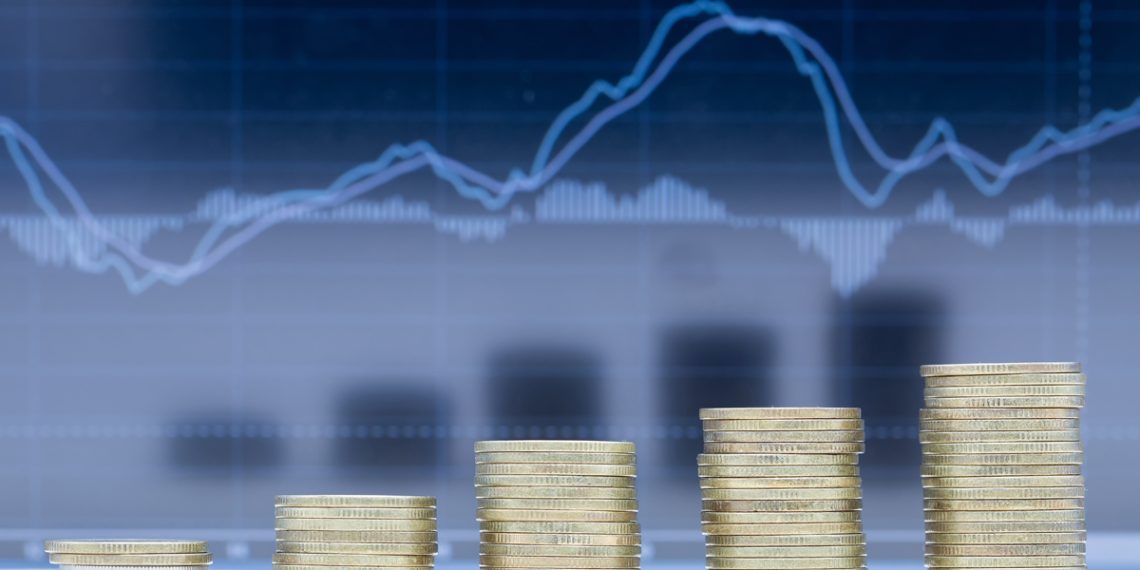In my opinion, financial markets are too optimistic about inflation and interest rates in the long run and the effect they will have on economic growth. And yet pundits believe the world has not changed and we can reach conclusions about the future based on historical relationships drawn from the past 30 years.
I beg to differ. I believe we are in or heading into a world that is different from what we have experienced in the past.
Inflation and interest rates can come down significantly in the short term, especially if central banks force a deep recession in world economies. But this will be a business cycle effect. Business cycle effects, by definition, are short term in nature.
What I worry about is the long run. There are secular adverse changes in globalization, as well as in inflation and real interest rates that do not augur well for the stock, bond and real estate markets.
First, the secular trend toward globalization has ended. Following the pandemic disruptions companies now place higher importance on having goods for manufacturing and distribution close by. The invasion of Ukraine by Russia will accelerate the process of deglobalization.
Second, there are secular forces that are pushing up both long-term inflation and real interest rates. It is taxes, economic efficiency and productivity, as well as structural demand/supply imbalances, that affect long-term inflationary expectations. The real interest rate – that is, the rate once inflation is stripped out – in the long term is driven by factors that change only slowly – technology and demographics.
The decline in long-term inflation is over. We may be reaching a peak in productivity growth as experienced baby boomers retire and are replaced by less experienced workers who will nevertheless be in high demand because of low population growth. That is helping push wages sharply higher. It will also have an adverse effect in an already weak productivity.
Pandemic-related deficits and ballooning debts will require higher taxes. A pause in globalization may lead to higher inflation as companies, trying to guard against supply chain interruptions, bring production back to North America, where output costs are higher. In the past 10 to 15 years, central banks increased money supply in a more permanent fashion and this will also add to long-term inflationary pressures.
Finally, years of underinvestment in the oil and gas industry, heavy regulation and fear of additional regulation related to environmental, social and environmental issues have shifted not only the oil price dynamics, but also that for all commodities. This implies major shortages in metals down the road at a time when demand will be increasing because of renewable energy and electric vehicle production.
Demographic developments are also fuelling a trend of higher real interest rates. Retired baby boomers are now dipping into their savings for their spending needs, which reduces the supply of funds. This demographic shift is happening in the face of increased demand for capital by corporations that need to embed innovation and new technologies into their production processes, as well as by governments that need to borrow to fund structural deficits. To clear the demand-supply imbalance, the real interest-rate trend is pushed up, not unlike what had happened in the late 1970s.
The U.S. Federal Reserve may not be able to help this time, as it will be facing a catch22. The ballooning debt issuance around the world, including margin debt (as well as the undetected buildup of leverage such as what brought down Archegos Capital Management last year), has made economies and financial markets very sensitive to interest rate increases. Moreover, equities have recently tipped into a bear market. The past eight bear markets have been fought by the U.S. Fed via interest rate cuts and quantitative easing. In the current bear market, the Fed is raising interest rates!
The markets have yet to discount a ‘70s-like era of stagflation – low growth and high inflation. Older investors have seen that movie before – and it doesn’t end well.
First published September 27, 2022 / The Globe and Mail























